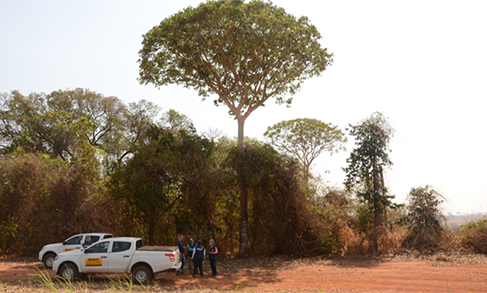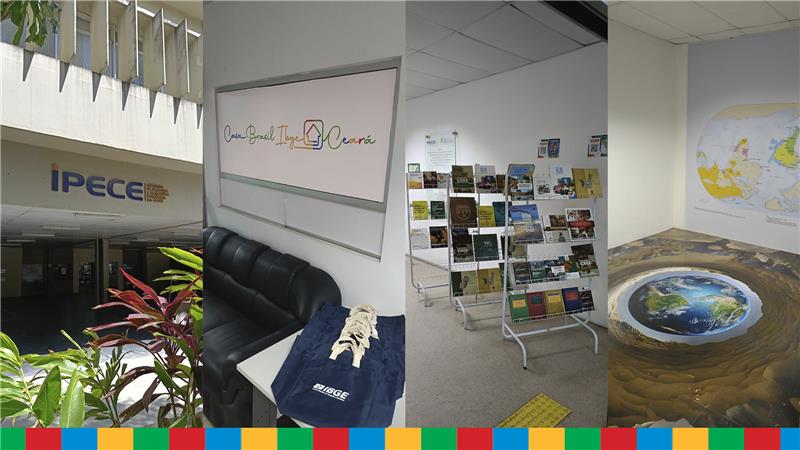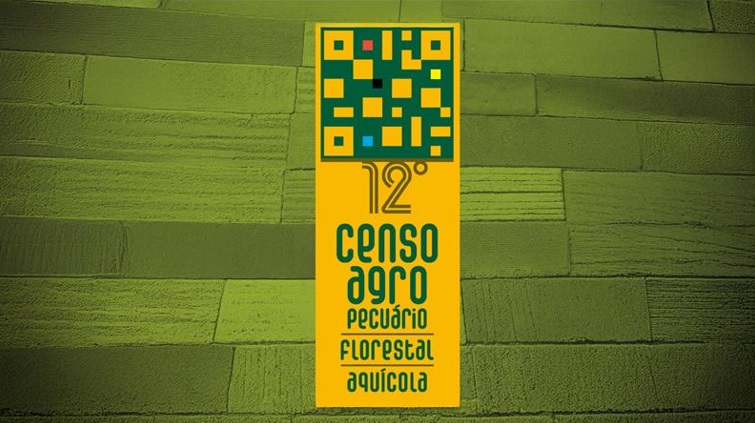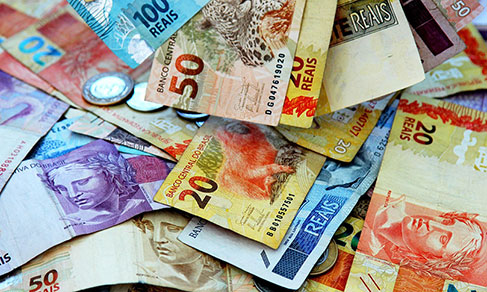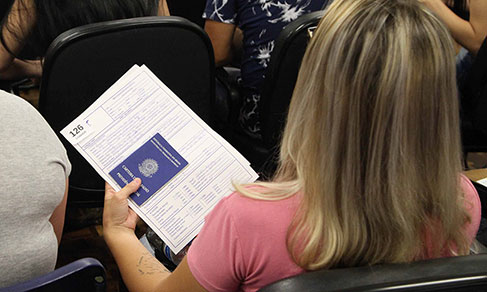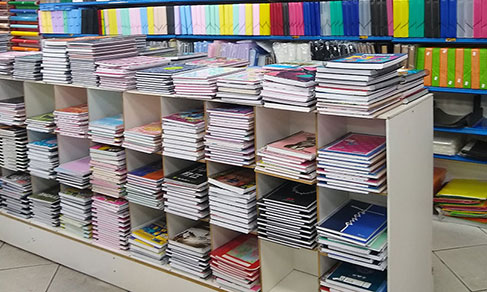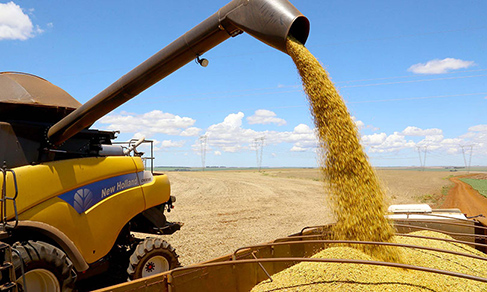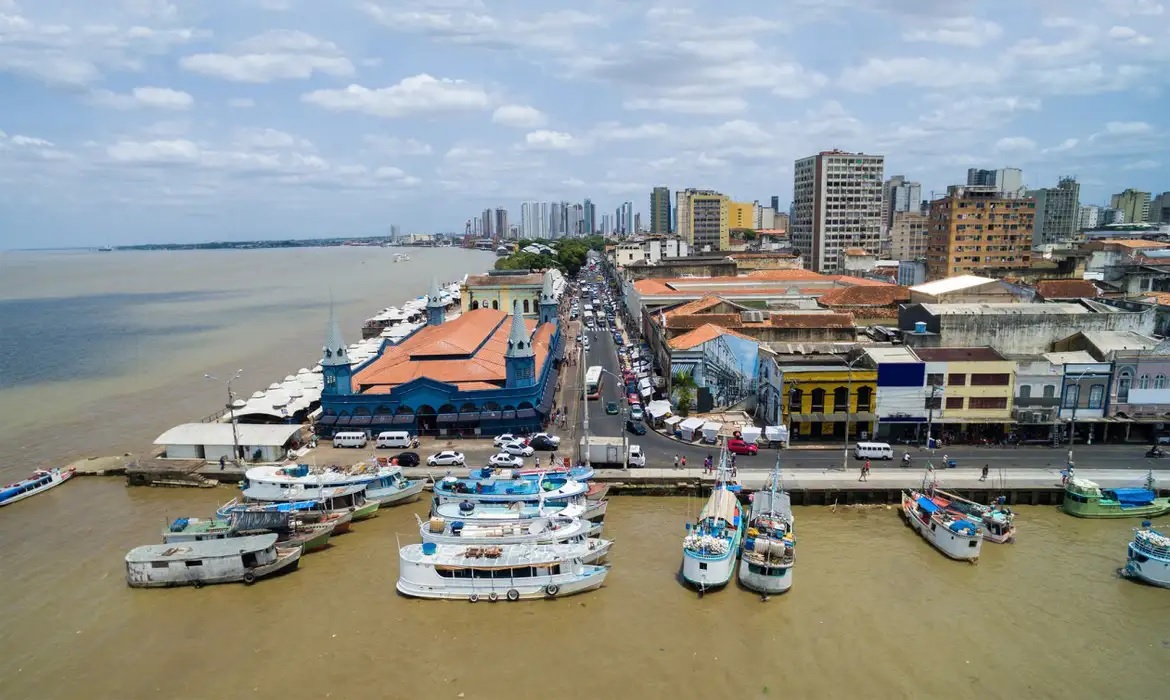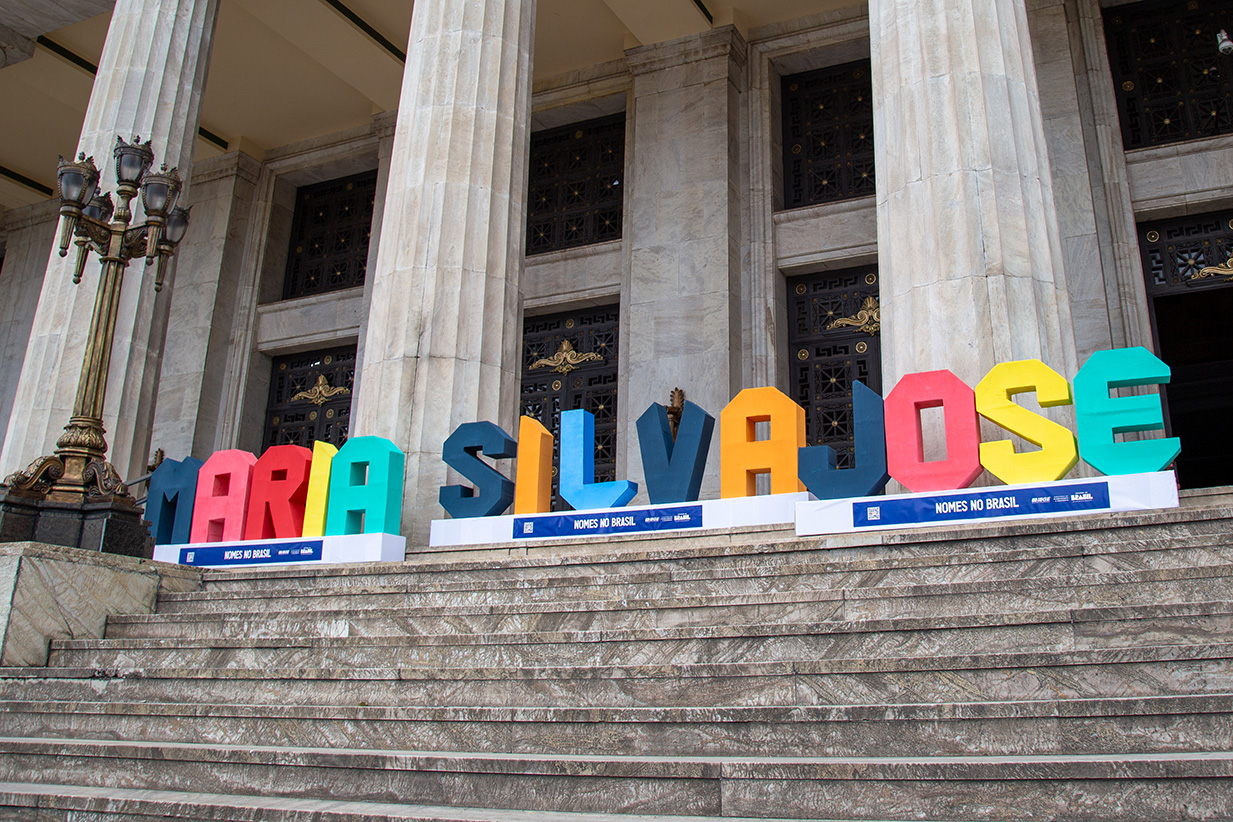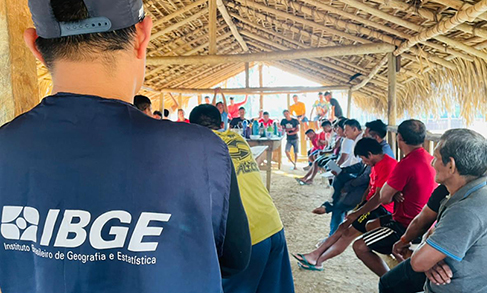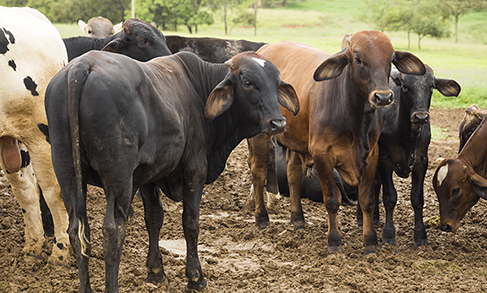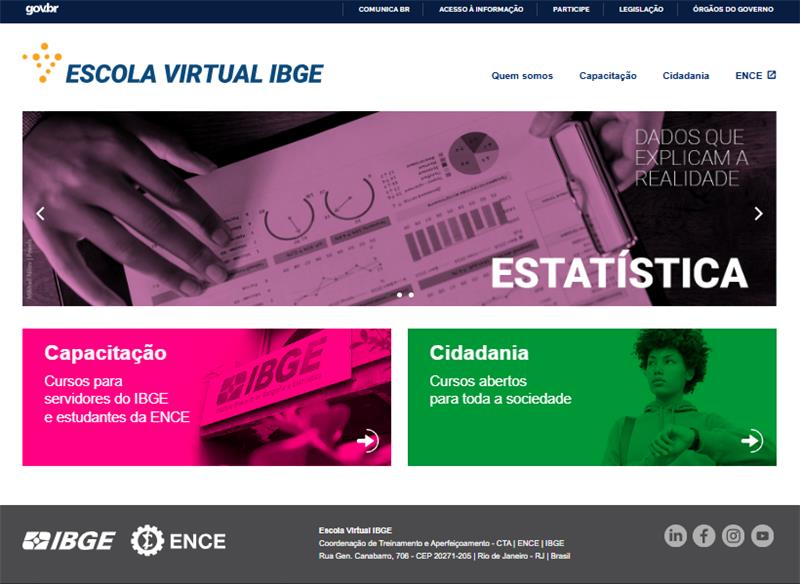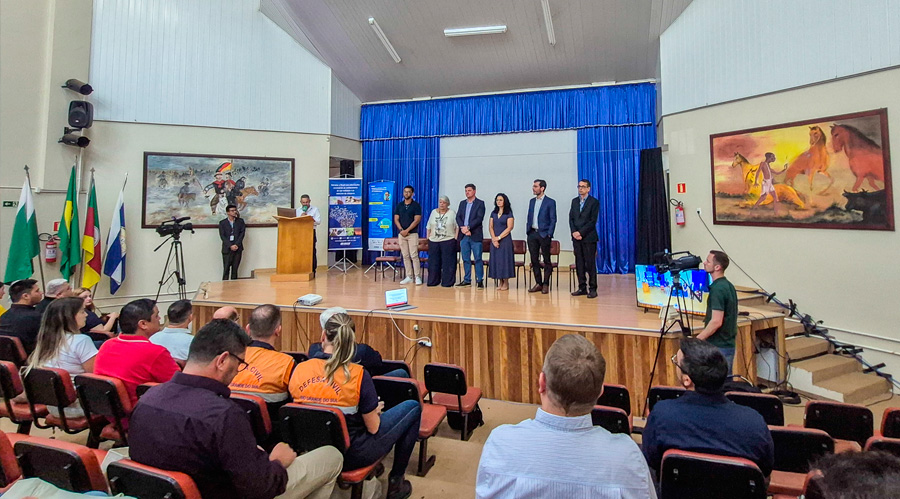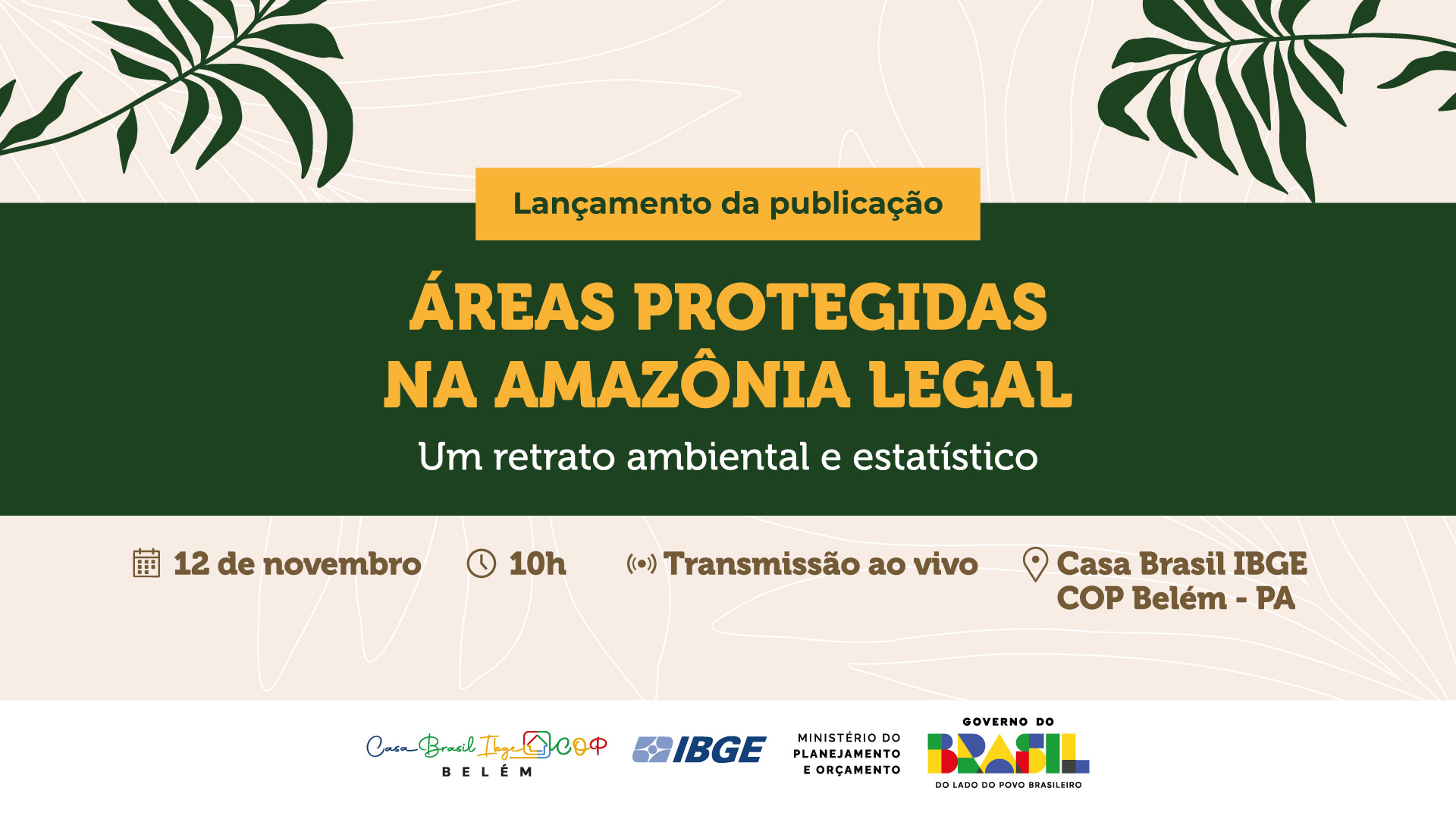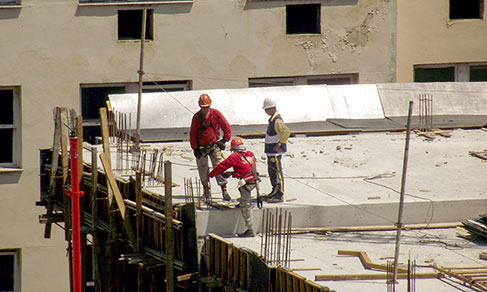In digital format
With academic analyses and folk art, IBGE releases Brazil in Figures 2020
September 25, 2020 10h00 AM | Last Updated: September 25, 2020 01h34 PM
Highlights
- Annual publication gathers articles by more 30 than authors in almost 500 pages.
- A total 23 chapters present analyses based on information produced by the IBGE about labor market, housing, health, environment and political participation.
- Images of works from the Théo Brandão Museum of Anthropology and Folklore open each chapter.
- The e-book is available in Portuguse and English.
The IBGE releases today (25) the 2020 edition of Brazil in Figures, an annual publication with information and analysis about different aspects of the Brazilian reality. More than 30 authors – including historians, geographers, demographers, architects, economists and other scholars – have collaborated with this work of almost 500 pages, which is now available online and as an e-book. Some of the topics covered are work, housing, health, environment and political participation.
The current edition is illustrated with works from the Théo Brandão Museum of Anthropology and Folklore (MTB), located in Maceió, state of Alagoas. The museum was named after the professor, physician and folklorist Theotônio Vilela Brandão, whose popular art collection was donated to the Federal University of Alagoas (UFAL). Works of art displayed at the museum open each chapter of the publication.
“Differently from other publications by the IBGE, which consist mostly of data and numbers, Brazil in Figures has a layer of qualitative analysis, since the professors' perspective is expressed by means of articles supported by tables, graphs produced by the IBGE and partner institutions,” Isabela Torres, executive coordinator of the Brazil in Figures project, explains.
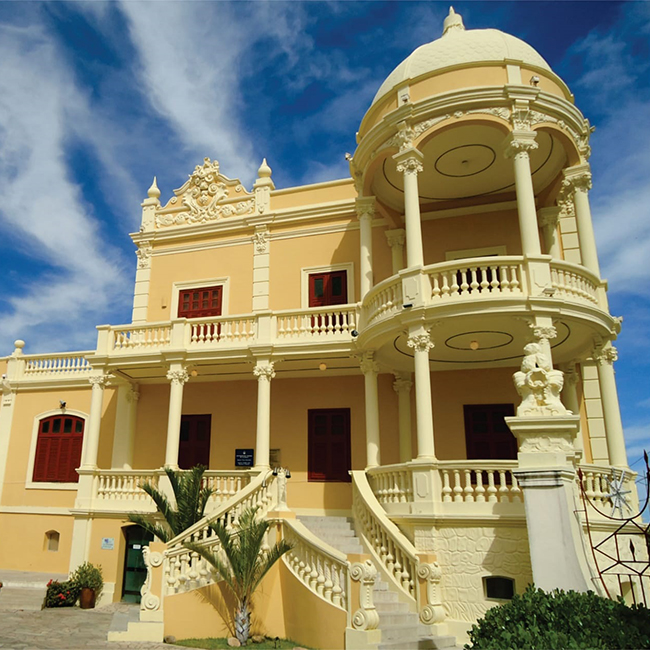
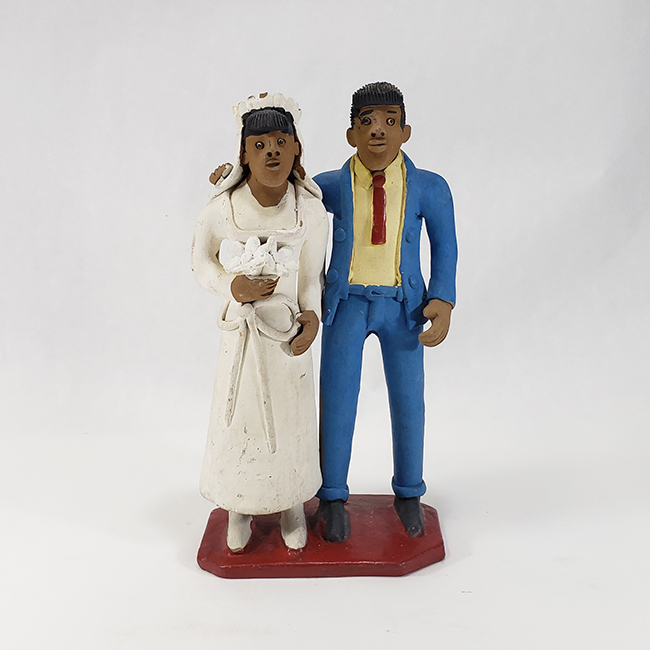
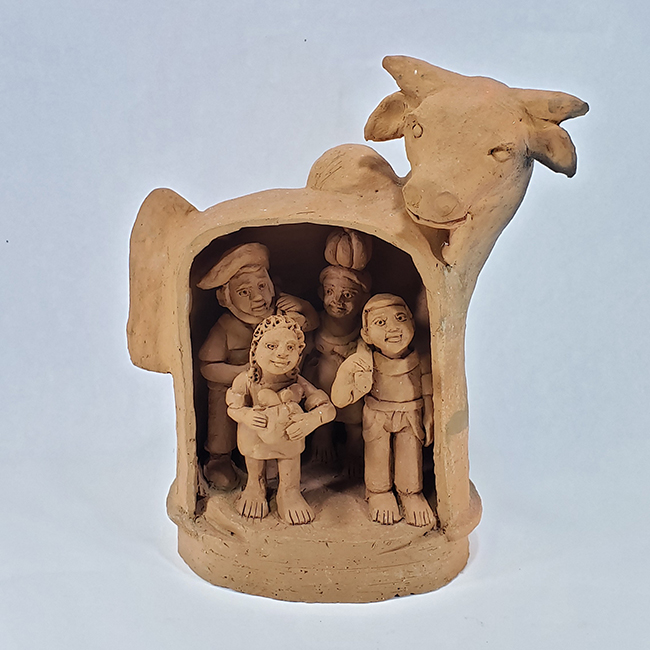

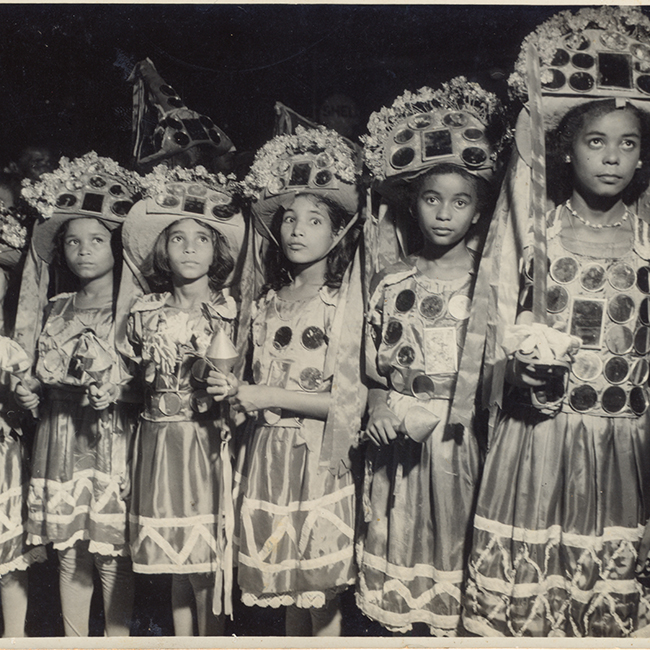
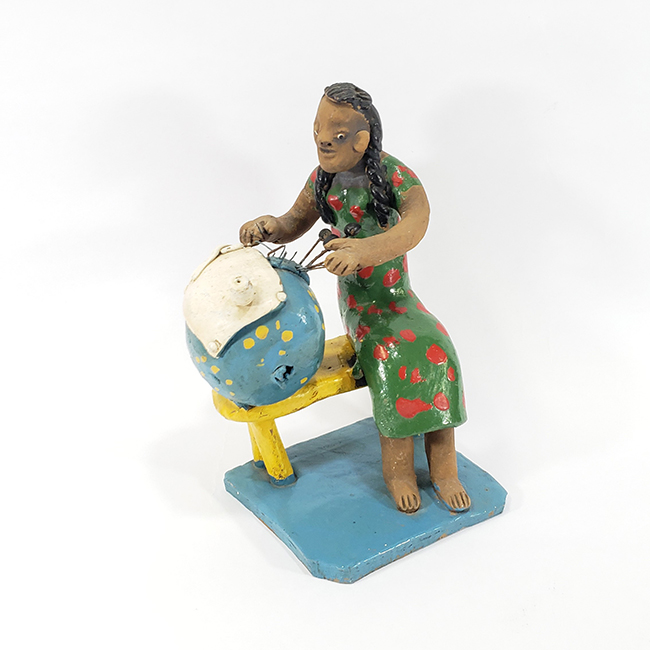


A total 23 chapters form valuable material for consultation and a support to analyses and planning at different spheres and with diverse purposes. Although the major impacts of the coronavirus pandemic were yet to come when production of this edition started, some articles already with n possibilities. “Professor Fernando Garrefa, for example, in his article on Trade and Cities, presents updated data on the issue,” Ms. Torres adds.
Another highlight is the chapter written by professor Flávio Henrique Miranda de Araújo Freire, whose analysis of the Population was based on the question: “What would the 2020 Census bring in demographic terms?”. Now that the Census has been postponed to 2021, due to the Covid-19 pandemic, the scholar reached some conclusions considering the evaluation of available population data, demographic trends and population projections.
A work of such proportions stars being prepared a year before its release, according to the project coordinator, Isabela Torres: “We invite the researchers 12 months in advance, and it usually takes them two months to write texts to be of exclusive use in this book. Our main challenge is to coordinate all the editorial steps, from the first contact with the authors up to the release, in order to provide society with the best result.”
Brazil in Figures has been published annually since 1992 and it is available in Portuguese and English, which greatly increased its relevance and reach. Besides information provided by the IBGE, the authors also make use of data from regulatory agencies, Federal Ministries and some of their associate institutions.


